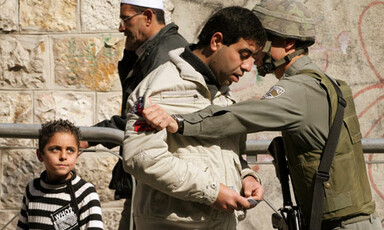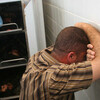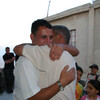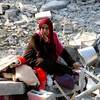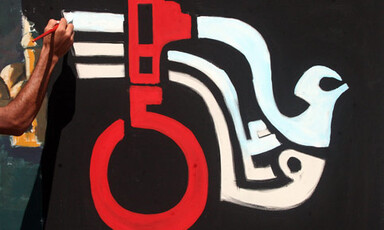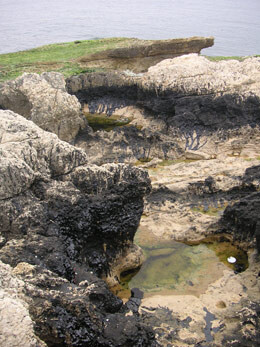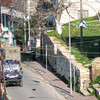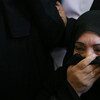
Journalist, media worker killed in Gaza City
14 May 2007
The Committee to Protect Journalist is outraged by the killings of a journalist and a media worker, who were shot on Sunday in Gaza City. Gunmen wearing presidential guard uniforms stopped a taxi carrying Suleiman Abdul-Rahim al-Ashi, 25, an economics editor for the Hamas-affiliated daily Palestine, and Mohammad Matar Abdo, 25, a manager responsible for distribution and civic relations, Editor-in-Chief Mustafa al-Sawaf told CPJ today. The taxi was stopped at 2:30 p.m. in a high-security area southwest of Gaza City that is controlled by Fatah, al-Sawaf and other journalists told CPJ. Read more about Journalist, media worker killed in Gaza City
